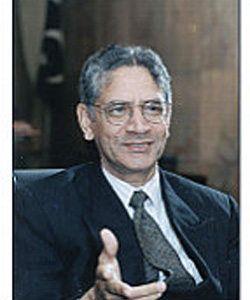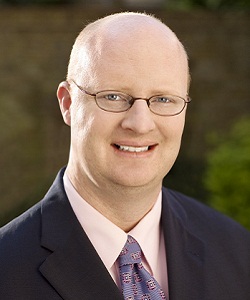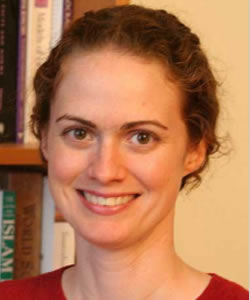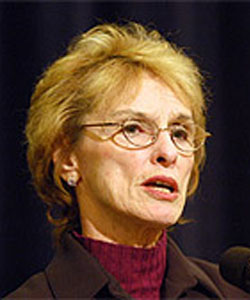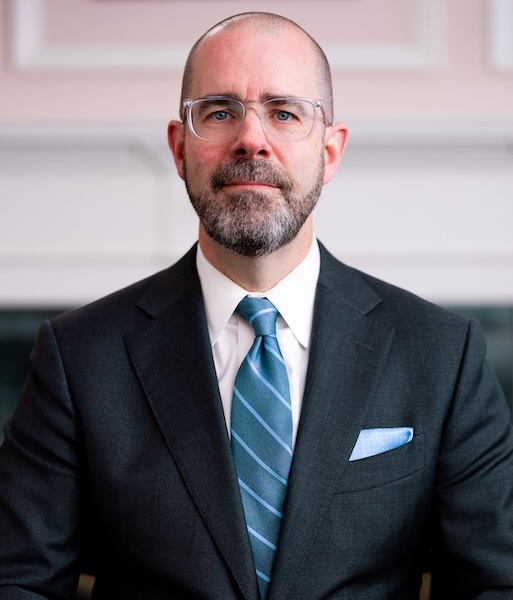Religious Freedom and National Security Policy
Religious Freedom and National Security Policy Video Player
Thursday, October 28, 2010
10:30 a.m. - 2:30 p.m. EDT
Location:
Copley Hall Copley Formal Lounge Map
Through the Luce/SFS Program on Religion and International Affairs, Georgetown's Berkley Center for Religion, Peace, and World Affairs held a symposium on religious freedom and U.S. national security policy. Questions addressed include: Why should national security specialists be concerned about religious freedom? Under what conditions might greater U.S. support for religious liberty abroad help to reduce political instability, religious radicalism, and terrorist violence? When, where, and why might an emphasis on religious liberty provoke negative reactions abroad that undermine American political and security interests? Might a wise and prudent religious liberty policy overcome such reactions and, if so, how?
The symposium discussed these and related questions in two sessions. The first session examined the presence/absence of religious freedom in U.S. national security policy in general, with a focus on the Obama administration's National Security Strategy document. The second session addressed the cases of Afghanistan, Pakistan, and Iraq.
SCHEDULE
Panel 1: Religious Freedom in U.S. National Security Policy | William Inboden, Jennifer Marshall, Pauletta Otis, Eric Patterson
Lunch and Keynote Address | Rashad Hussain
Panel 2: Religious Freedom and National Security in Afghanistan, Pakistan and Iraq | Touqir Hussain, Rebecca Johnson, Andrew Natsios, Knox Thames
Discover similar content through these related topics and regions.
Image Gallery
Image Gallery
/1

Rashad Hussain speaking at the podium.
Featured Participants
Other Participants
Related Publication
Report October 28, 2010


